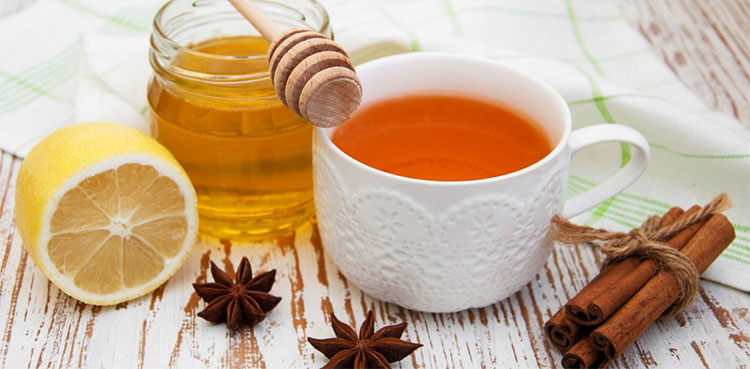The Many Health Benefits of Cinnamon
- By Izay Ayesha -
- Aug 17, 2023

Cinnamon is a popular spice. It is very high in cinnamaldehyde that has antifungal and antibacterial properties. Animal and test-tube studies found that cinnamon is loaded with powerful antioxidants, such as polyphenols which may help lower the risk of heart disease, diabetes, neurodegenerative diseases, and cancers.
This warm, fragrant and distinctly spicy spice could be used to flavour beverages, desserts, entrees and side dishes. It can be used in many baked goods such as baklava, churros, and cinnamon rolls. It can be a natural complement to cereal, granola, oatmeal, or yogurt and mixed into the pancake batter.

Cinnamon contains antioxidants which protects the cells from free radicals. Cinnamon has got powerful medicinal properties like anti-inflammatory, it improves sensitivity to the hormone insulin and maintains blood sugar. For daily consumption cinnamon can be used in various cooking recipes like peanut butter cinnamon toast, cinnamon tea, granola bar with sprinkles cinnamon powder and egg pancake flavored cinnamon.
Cinnamon is a spice that contains a variety of vitamins and minerals. Adding cinnamon to recipes is a great way to diversify vitamin and mineral intake while also adding flavour without the use of salt. Some recipes with cinnamon include: adding cinnamon to porridge, rolled oats, banana smoothies, lentil or bean Bolognese, stewed apple or pear, stews and soups such as pumpkin or lentil.

Cinnamon has been used for centuries in the treatment of arthritis, dermatitis, colds, wound healing, gastrointestinal problems, high blood pressure, inflammatory disorders, polycystic ovary syndrome and toothache. Cinnamon can be added to beverages such as cinnamon tea or honey and cinnamon milk, desserts such as cinnamon rolls, chicken dishes, lamb dishes and cinnamon bread.

Cinnamon has strong antioxidant properties, neutralizing free radicals that can potentially harm the cells and contribute to the development of chronic diseases. It also has an important anti-diabetic effect, helping control blood sugar levels. There are many ways of including it indiet such as sprinkling it on food. It is very tasty with apples, bananas, pears and toast with honey. One can also prepare a cinnamon tea since its chemicals are water-soluble. Finally, include cinnamon in baking such as in cookies and cakes.
Cinnamon has been promoted to help reduce blood sugar, blood pressure and cholesterol. While these benefits are possible, the quantity of cinnamon that one would have to consume to see any significant medical or health benefit is substantial and unmanageable. Cinnamon can make a great addition to many meals in terms of flavour. Try adding cinnamon to chopped butternut or pumpkin before roasting it in the oven. This helps to enhance the sweet, caramel, woody flavour. Add some cinnamon to oats along with some sliced banana in the morning or to an apple.

Cinnamon is a spice rich in flavonoids such as eugenol, hesperidin and linalool, which have a series of health benefits such as antioxidant, anti-inflammatory, antimicrobial and neuromodulator actions. The spice has a hypoglycemic action, improving glycemic homeostasis, with decreased blood concentrations of fasting glucose and glycated hemoglobin. Cinnamon can help decreasing total cholesterol, preventing cardiovascular diseases.
The spice also has thermogenic action and it can be added to coffee to give more energy and disposition, in addition to accelerating fat burning. Cinnamon can be sprinkled on fruits and ingested before physical activity. It can also be used in cakes, to give a sweet flavor characteristic of cinnamon.

Studies show that cinnamon helps lower total and bad cholesterol, LDL, as well as triglyceride levels. In addition, the spice has a strong antioxidant and anti-inflammatory action helping to prevent degenerative diseases such as Alzheimer’s and tumors and helping to fight colds. This spice can be consumed sprinkled over fruits, vegetables and meats and can also be included in teas and juices.
